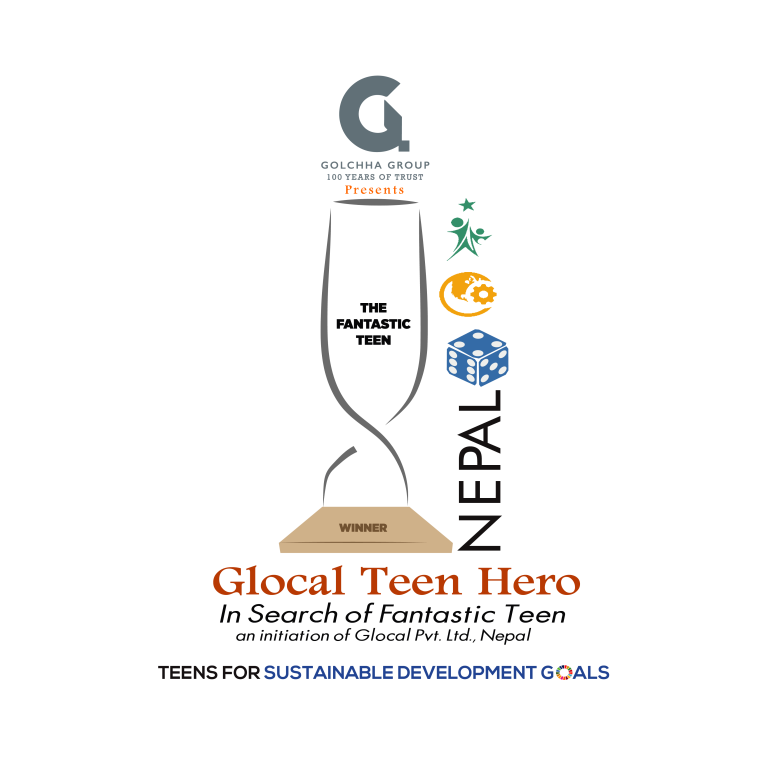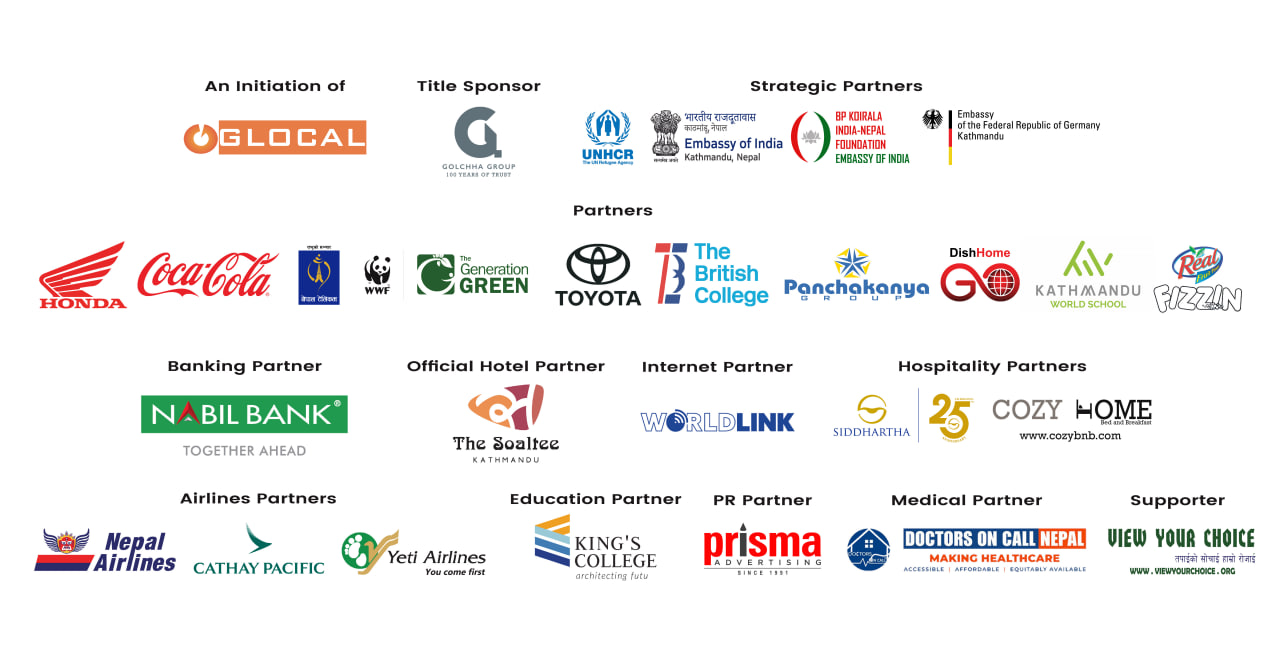The concept of Uniform Civil Code (UCC) is much debated in India. The Constitution of India talks about UCC under article 44 and imposes a non-justiciable duty on the state to secure a UCC for its citizens. India is a country with great religious diversity. The Indian legal system includes customs along with statutes and legislations to form law, and the personal laws of Hindus and Muslims find their sources in their respective religious books. The UCC is an initiative to alter the discrepancies of the personal law system and make an attempt to see the personal matters through one single lens.
The Uniform Civil Code (UCC) is a proposal in India to formulate and implement personal laws of citizens which apply on all citizens equally regardless of their religion, gender and sexual orientation. The UCC has been envisaged by the makers of our Constitution under Article 44. It includes matters such as marriage, divorce, adoption, and inheritance. As adoptive parent I am sharing my views on the necessity of UCC from perspective of adoption only.
Current Drawbacks of Adoption Laws in India:
There are several reasons why a UCC is important for adoption laws in India. Currently, there are different adoption laws for different religions. This can lead to confusion and uncertainty for adoptive parents and children. There are a number of drawbacks, including:
Inconsistency in eligibility requirements- The eligibility requirements for adoption vary depending on the religious community. This can make it difficult for adoptive parents to navigate the adoption process, and can also lead to disparities in the treatment of adopted children. For example, under Hindu law, a married woman cannot adopt a child, while under Islamic law, only a man can adopt a child. In Shabnam Hashmi v. Union of India, the petitioner was a Muslim who had adopted a young girl when she was small. She filed the petition for recognition of the night that a person belonging to any religion could adopt a child since the Muslim law did not allow for adoption. The case dealt with the right to adoption by virtue of the Juvenile Justice Act, 2000, the Rules of 2007 and the CARA guidelines. The Supreme Court held that the JJ Act was an enabling legislation and it aims at achieving the purpose of a Uniform Civil Code. Thus, it was held that any person belong to any religion could adopt a child subject to the rules framed.
Difficulties in transferring parental rights- The process of transferring parental rights from the biological parents to the adoptive parents can be complex and time-consuming. This can be especially difficult for children who are orphaned or abandoned.
Lack of uniformity in the rights of adopted children- The rights of adopted children vary depending on the religious community. For example, under Hindu law, an adopted child is considered to be the natural child of the adoptive parents, while under Islamic law, an adopted child is not considered to be a blood relative of the adoptive parents.
Discrimination- The different personal laws governing adoption can also lead to discrimination against certain groups of people, such as single people, samesex couples, and interfaith couples. This can make it more difficult for these groups of people to adopt a child.
Lack of clarity- The different personal laws governing adoption can be complex and confusing. This can make it difficult for people to understand their rights and responsibilities as adoptive parents or children. In Rajwinder Kaur & Anr vs. Central Adoption Resource Agency, according to the Delhi High Court, if a child is adopted in accordance with HAMA rules, it is not necessary to use the rules of the JJ Act, 2015 to ensure that the adoption is legal. Without assistance from anybody else, without acknowledgement from CARA or any governmental authority, an adoption carried out in accordance with the conditions outlined in HAMA would be significant. In this way, the JJ Act of 2015 and CARA Guidelines of 2017 would not be relevant in relation to adoptions under HAMA, whether domestic or international, direct or indirect.
How a Uniform Civil Code Can Help
A UCC would help to overcome these drawbacks by providing a single, uniform set of adoption laws for all citizens of India. This would ensure that all children have the same opportunities to be adopted and that all adoptive parents and children have the same rights and responsibilities, regardless of their religion or the religion of their adoptive parents. It would also simplify the process of transferring parental rights and make it easier for adopted children to inherit property and other assets. UCC would provide clarity and certainty for adoptive parents and children, and it would make it easier for them to access the legal system.
Benefits of a Uniform Civil Code for Adoptive Parents and Children
A UCC would benefit adoptive parents and children in a number of ways, including:
Easier and faster adoption process- The process of adopting a child would be simplified and made more efficient under a UCC because of a single, streamlined process for adoption. This would make it easier for adoptive parents to bring children into their families.
Greater clarity about the rights of adopted children- The rights of adopted children would be clearer and more consistent under a UCC. This would give adopted children greater certainty about their legal status and their rights to inherit property and other assets. It would make it easier for adoptive parents to obtain financial assistance for their children. This would also ensure that all parties are treated fairly.
Increased social acceptance of adoption- A UCC would help to increase social acceptance of adoption. It would help to reduce the stigma associated with adoption. This would make it easier for adoptive parents to raise their children in a supportive environment.
Reduce discrimination- The UCC would help to reduce discrimination against certain groups of people, such as single people, same-sex couples, and interfaith couples, who may currently face challenges in adopting a child. It would make it easier for adoptive parents to adopt children from other religions.
Conclusion
A Uniform Civil Code would be a valuable tool for improving the adoption laws in India. By providing a single, uniform set of laws governing adoption for all citizens, the UCC would make the adoption process more consistent, less confusing, and more accessible to all. This would benefit adoptive parents and children by making it easier for them to adopt a child and by providing greater clarity about their rights and responsibilities.
A UCC is not without its challenges. There is some opposition to the idea of a UCC, particularly from religious groups. However, the potential benefits of a UCC for adoptive parents and children outweigh the challenges. It would help to ensure that all children have the opportunity to grow up in a loving and stable home.
Vidyadhar Prabhudesai is co-founder of LeadCap Ventures and an adoptive parent. He writes about constitutional, Institutional and perceptional changes required towards adoption reforms in India

























